The Answer is YES!!!!!
Within the realm of organizational challenges, low employee engagement rates at approximately 30% stand as a formidable obstacle. At the heart of this predicament lies poor leadership, a factor that not only contributes to high turnover, slow operational speed, and increased costs but also underscores the critical need for transformative leadership. This post delves into the profound impact of good leadership as the key to mitigating the issues associated with low engagement, emphasizing why effective leadership is crucial in fostering a dynamic and flourishing workplace.
Low employee engagement at the 30% mark signifies an alarming disconnect within the workforce, resulting in a cascade of challenges that organizations must urgently address. High turnover rates, a lackluster operational pace, and escalating costs emerge as tangible consequences, demanding a strategic response from leadership.
The connection between poor leadership and high turnover is undeniable. Employees disenchanted by uninspiring leadership often seek greener pastures, contributing to a revolving door of talent. Recognizing this correlation underscores the imperative for leadership to transform and inspire to retain a committed and motivated workforce.
Operational drag caused by disengagement is a direct result of leadership that fails to unite and inspire. An uninspired workforce operates at suboptimal levels, leading to missed deadlines and slowed project completion. Effective leadership serves as the catalyst for breaking through this inertia, reenergizing teams, and propelling the organization forward with purpose and efficiency.
Poor leadership exacts a considerable financial toll on organizations, extending beyond the immediate costs of turnover. Constant recruitment, training, and the potential for errors among disengaged employees contribute to increased operational costs. Effective leadership becomes a strategic imperative in mitigating these financial challenges and fostering a culture of sustainable success.
Why Good Leadership Matters: Mitigating Challenges and Fostering Growth
In the face of these challenges, effective leadership emerges as the linchpin for organizational resilience and growth. Effective leadership serves to retain talent, boost operational efficiency, control costs, and foster innovation.
When employees believe in their leadership they stay and work through the trials. Individuals are trusted more and do not have to ask for authorization with constant escalations that slow down the organization to almost a stop. With speed going up that means the costs go down and that impact the bottom line. Innovation is also fostered as employees are freed up to focus on how to grow instead of maintain the status quo.
Challenges posed by low engagement rates necessitate a strategic response, and that response lies on leadership. Effective leadership is crucial for mitigating turnover, accelerating operational speed, and controlling costs. By recognizing the transformative power of leadership that inspires, organizations can pave the way for a dynamic, resilient, and flourishing workplace where employee engagement becomes the cornerstone of sustained success.
Have a Great Week!
“Businesses wonder why it is still hard to be thought of as the brand of choice with the best customers and top employees. How can our business make more profitable transactions and stay out of the commodity battle with low profits? How can we land and keep top talent in our organization with the salary wars. Kevin teaches your sales and leadership teams how to build the key ingredient to be successful with their relationships and take your goals to the next level with high levels of engagement.
Kevin’s website: www.kevinsidebottom.com
Kevin’s email: kevin@kevinsidebottom.com

